Ana C. Lorena
Characterizing instance hardness in classification and regression problems
Dec 04, 2022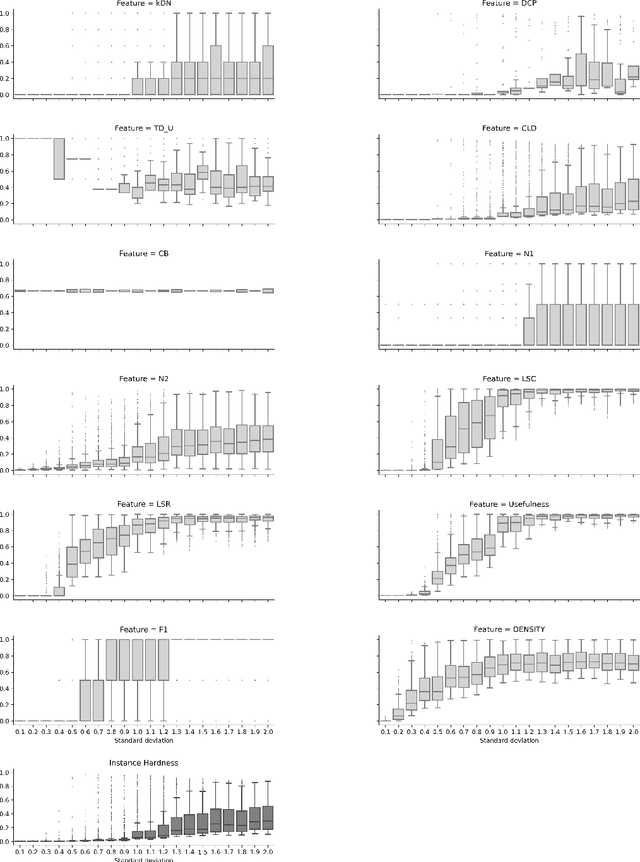
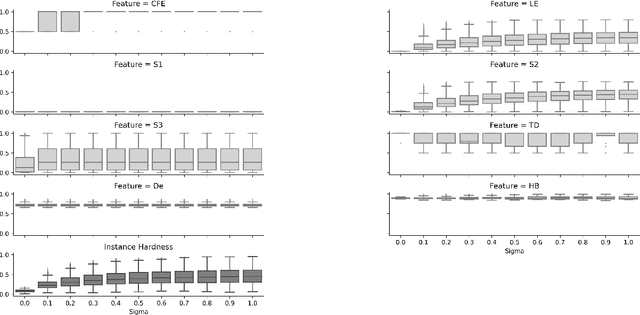
Abstract:Some recent pieces of work in the Machine Learning (ML) literature have demonstrated the usefulness of assessing which observations are hardest to have their label predicted accurately. By identifying such instances, one may inspect whether they have any quality issues that should be addressed. Learning strategies based on the difficulty level of the observations can also be devised. This paper presents a set of meta-features that aim at characterizing which instances of a dataset are hardest to have their label predicted accurately and why they are so, aka instance hardness measures. Both classification and regression problems are considered. Synthetic datasets with different levels of complexity are built and analyzed. A Python package containing all implementations is also provided.
How Complex is your classification problem? A survey on measuring classification complexity
Aug 10, 2018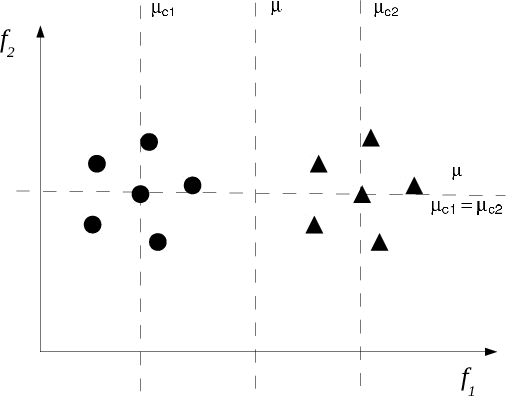
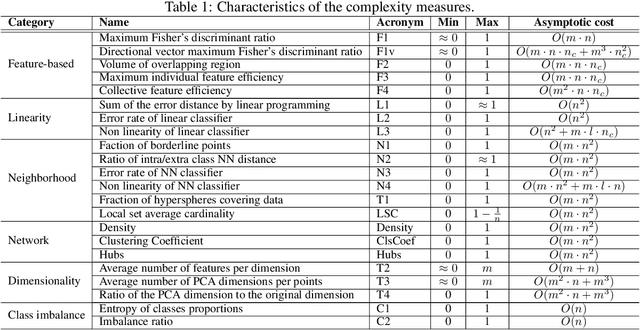
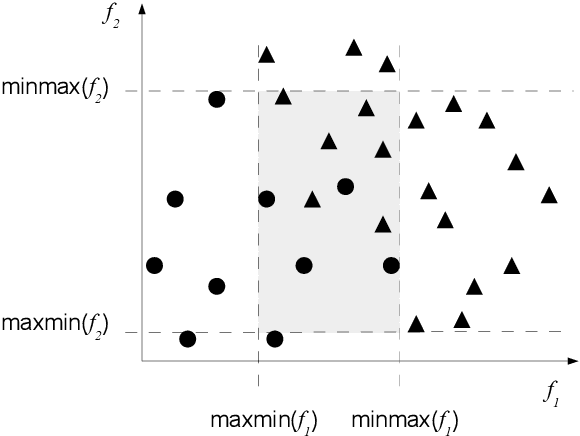
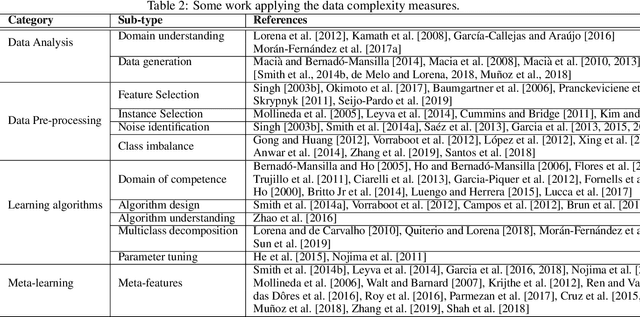
Abstract:Extracting characteristics from the training datasets of classification problems has proven effective in a number of meta-analyses. Among them, measures of classification complexity can estimate the difficulty in separating the data points into their expected classes. Descriptors of the spatial distribution of the data and estimates of the shape and size of the decision boundary are among the existent measures for this characterization. This information can support the formulation of new data-driven pre-processing and pattern recognition techniques, which can in turn be focused on challenging characteristics of the problems. This paper surveys and analyzes measures which can be extracted from the training datasets in order to characterize the complexity of the respective classification problems. Their use in recent literature is also reviewed and discussed, allowing to prospect opportunities for future work in the area. Finally, descriptions are given on an R package named Extended Complexity Library (ECoL) that implements a set of complexity measures and is made publicly available.
 Add to Chrome
Add to Chrome Add to Firefox
Add to Firefox Add to Edge
Add to Edge